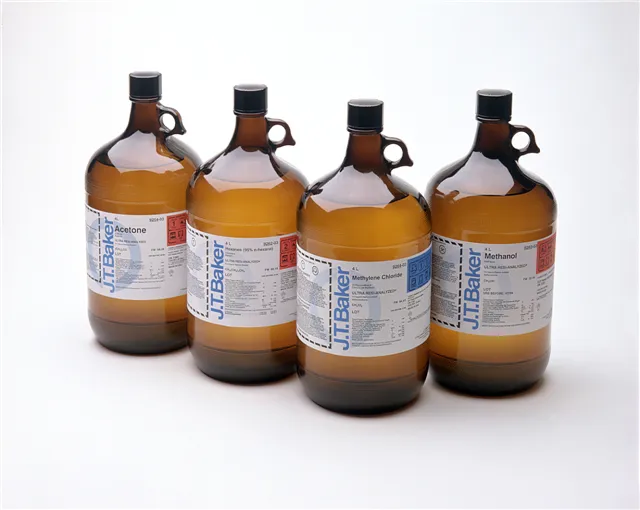Acetone is a polar organic solvent with a molecular formula of CH3COCH3. Its pH is not a constant value but varies depending on its concentration and other factors. In general, pure acetone has a pH close to 7, which is neutral. However, if you dilute it with water, the pH value will be less than 7 and become acidic due to the ionizable groups in the molecule. At the same time, if you mix acetone with other acidic substances, the pH value will also change accordingly.
To accurately determine the pH value of acetone, you can use a pH meter or pH paper. First, you need to prepare a solution of acetone with a certain concentration. You can use pure acetone or dilute it with water according to your needs. Then, you can use the pH meter or pH paper to test its pH value. Note that the pH meter should be calibrated before use to ensure accurate measurement results.
In addition to the concentration and mixing conditions, the pH value of acetone may also be affected by temperature and other factors. Acetone itself is highly volatile, and the concentration and pH value may vary with changes in temperature and pressure. Therefore, if you need to accurately control the pH value of acetone in a certain process, you should take into account various factors comprehensively to ensure the accuracy and stability of the experimental results.
In summary, the pH value of acetone is affected by many factors, including concentration, mixing conditions, temperature and other factors. Therefore, we need to test and measure the pH value of acetone under different conditions to ensure accurate measurement results.
Post time: Jan-04-2024





